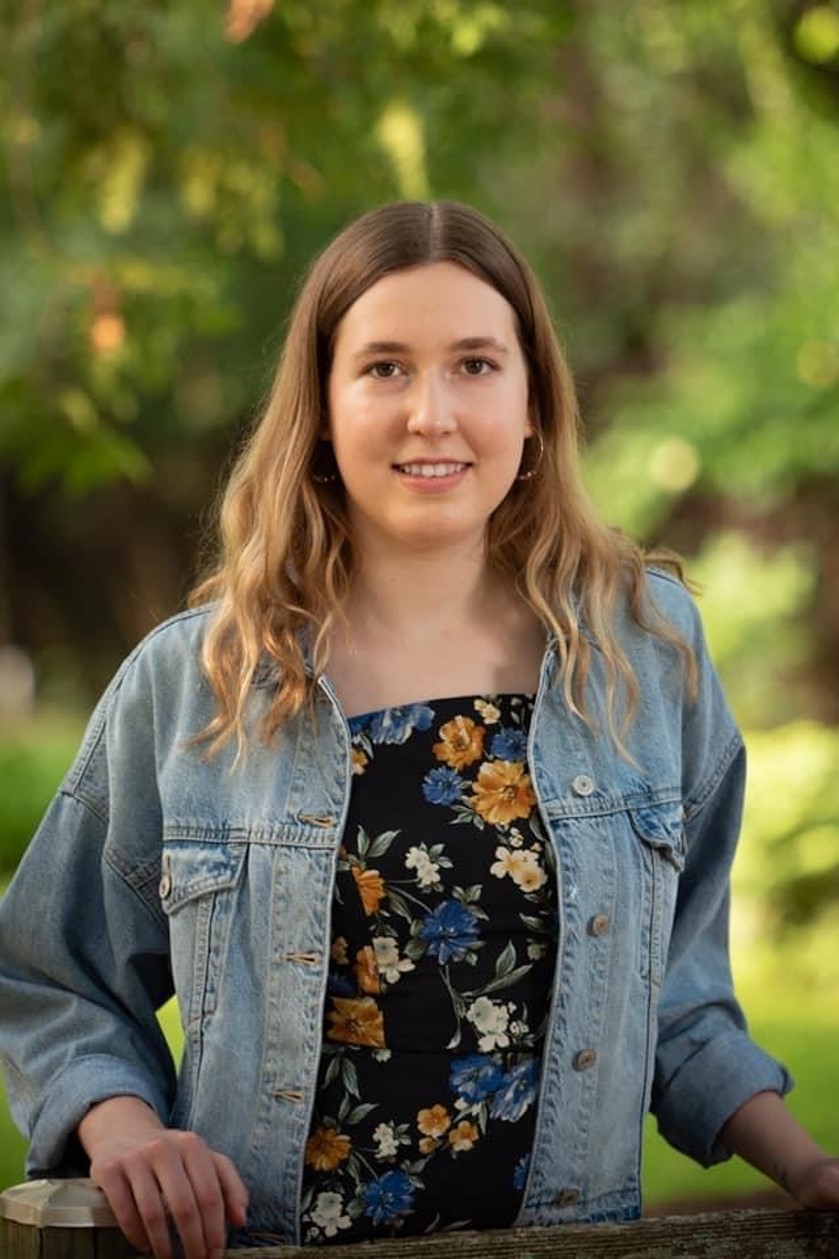Like many other mental illnesses, patients struggling with eating disorders can benefit from a support system. For some, this may be friends and family members. For others, it could be counselors or a therapist. But another great resource for recovery is an eating disorder support group.
Support groups are meetings composed of a small group of people who come together to share their feelings and experiences as they navigate recovery (i.e. for an eating disorder). This meeting typically happens on a weekly basis. It’s important to note that members of these groups have often completed some form of therapy prior to joining. Support groups are not designed to take the place of individual therapy. Instead, they are meant to be a safe space where members feel comfortable sharing personal stories about their recovery journey. With others who can relate. For many, this type of intimate discussion may seem unnecessary or scary. However, there are actually several benefits to joining a support group.
Offer connection and catharsis
Eating disorders can be incredibly isolating. Patients often feel guilty, ashamed, or even protective of their habits. As a result, they may hesitant to confide in others. Even if someone does have a healthy support system in place, they may still be unwilling to open up. This may be out of fear of being misunderstood by their loved ones. Who may not have the same relationship with food as them. However, support groups serve as the perfect opportunity for members to connect with others struggling with the same feelings and issues. These interactions show members that they aren’t unique or alone in their pain. While also bringing them out of isolation.
Similarly, these groups provide a safe outlet for members to share any negative thoughts or difficult emotions they’ve been experiencing lately. In doing so, members are able to release this negative energy in a constructive, positive way. Rather than reinforcing negative behaviors and patterns.
Provide structure and accountability
When first transitioning away from higher levels of care, many patients report that they miss the “accountability” of meeting with a therapist or dietitian regularly. It can be hard to implement the various tools and strategies patients learned without the reminder from their previous clinician. That’s why support groups can be incredibly helpful for members who thrive on the structure of a regular check-in. And who appreciate being held accountable by others.
Resource for advice and further education
Support groups are also a great resource for recovery tips and tricks. Typically, groups will contain “senior” members. Those who have been in recovery for several years, or even decades. These members are often wells of information. And can offer newer members advice on how to successfully navigate long-term recovery. Members can also learn a lot by simply listening to members’ stories. As well as hearing what strategies have helped them on their recovery journey. They might even learn something about themselves and their own journey in the process.
In addition, support groups are usually free! If a patient is ready to stop one-on-one therapy, but doesn’t feel quite ready to tackle recovery on their own, support groups are a great (and inexpensive) solution!
In Closing…
If you’re considering stepping back from higher levels of care, be sure to research any local eating disorder support groups or ask your clinician if they can recommend any groups. The NEDA website is a great resource for finding any local groups near you. Also, check out the various support groups offered by Courage to Nourish, which include several virtual groups for our long distance clients!
Note: Support groups are not meant to replace individual therapy.
Final Thoughts
For more information, contact us at Courage to Nourish today. Our eating disorder dietitian nutritionists are located in College Park, Maryland. and Columbia, Maryland. As well as Alexandria, Virginia. Colorado. and Pennsylvania. Read more about the Courage to Nourish team. We’d love to support you in eating disorder recovery.

Leslie Bredehoeft, Student Intern
Hi! I’m Leslie Bredehoeft and I’m an intern at Courage to Nourish. I am currently an undergraduate student at the College of William & Mary, majoring in Kinesiology with a concentration in Human Nutrition and minoring in English. After receiving my B.S. I plan to go to grad school to pursue an M.S. degree and become a registered dietitian. I, myself am in eating disorder recovery, which has not only opened my eyes to the pervasiveness of eating disorders, but also to the epidemic of nutrition misinformation within society. As a registered dietitian, I hope to educate my clients on the science of nutrition and help better their relationship with food.

